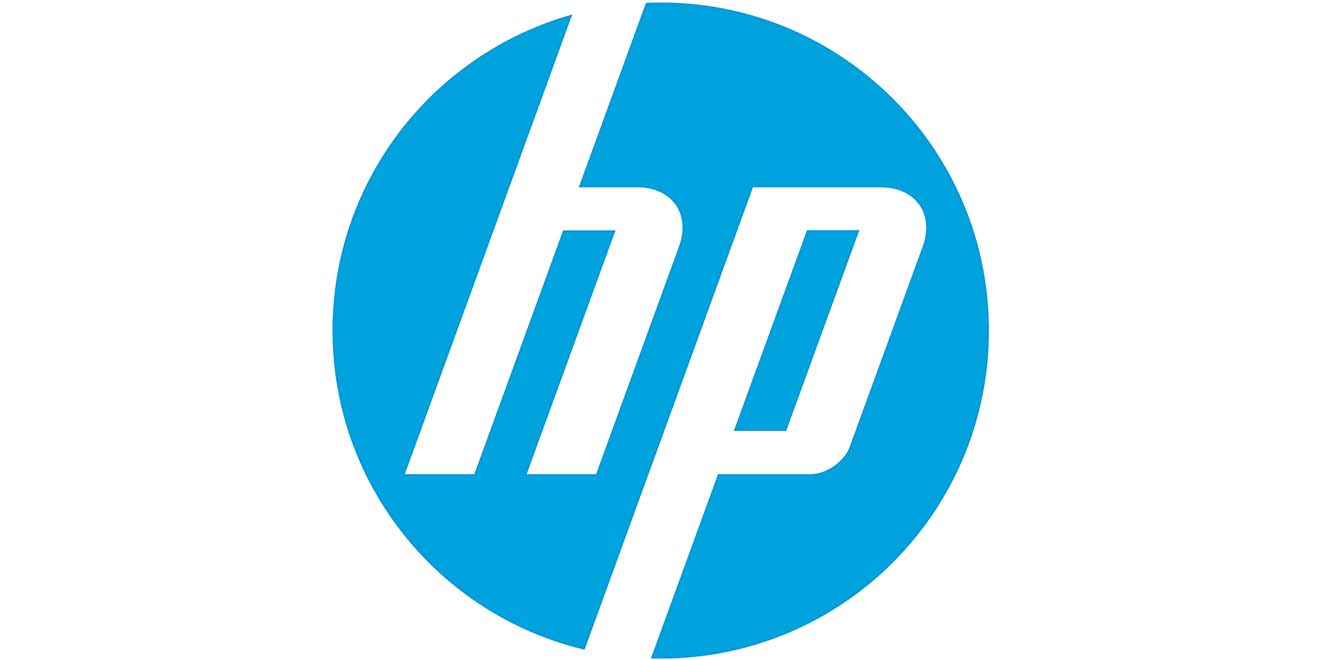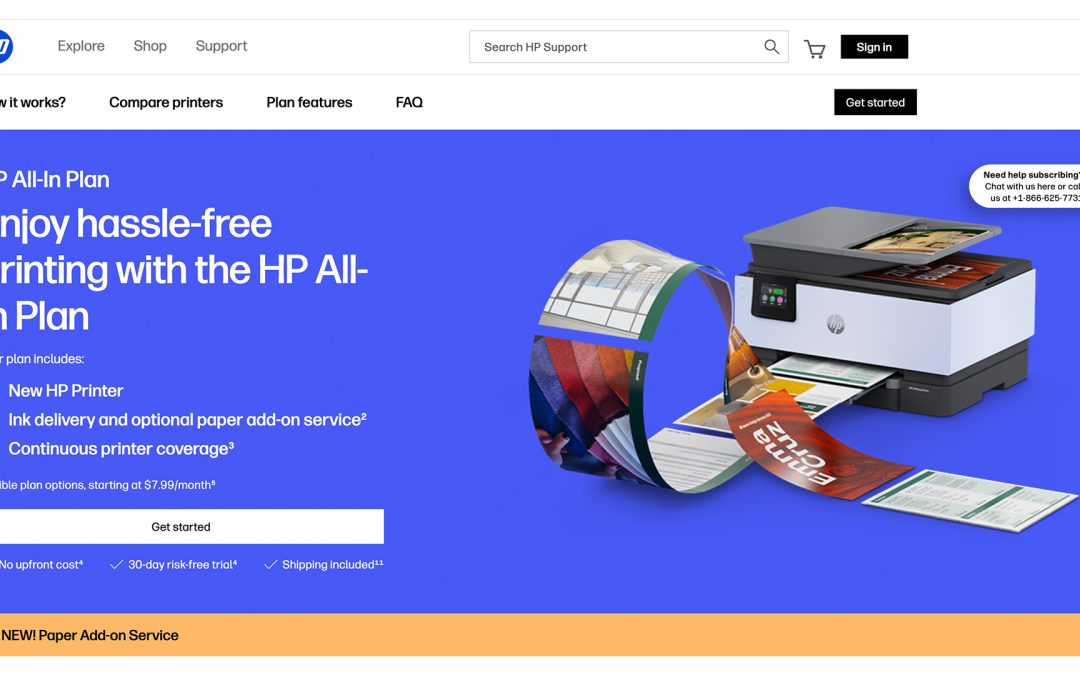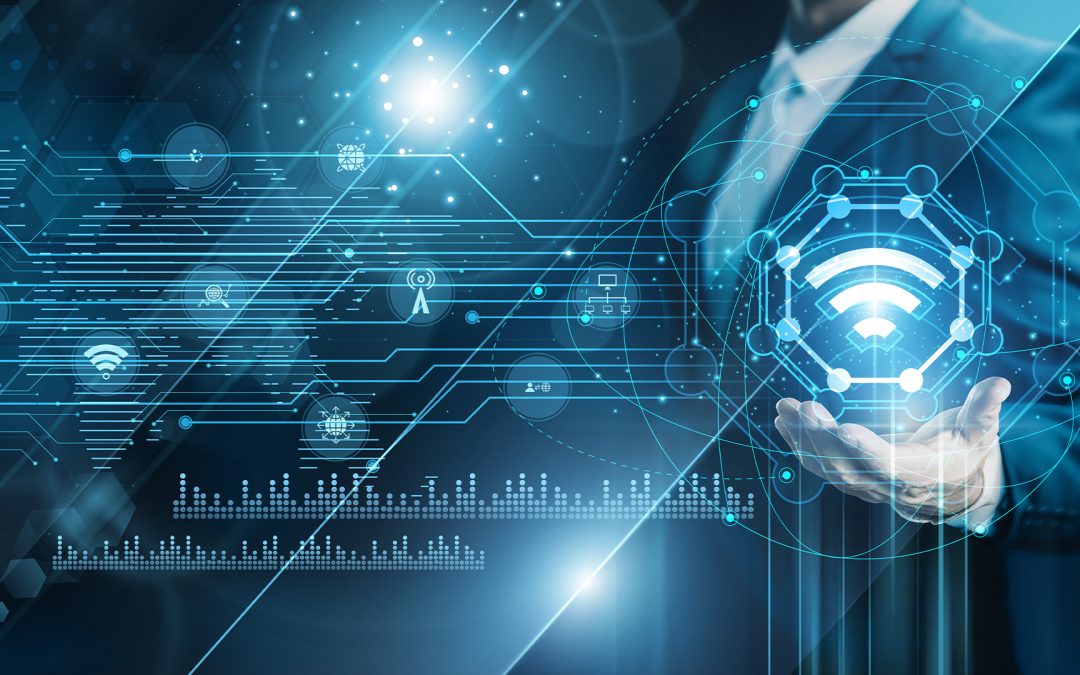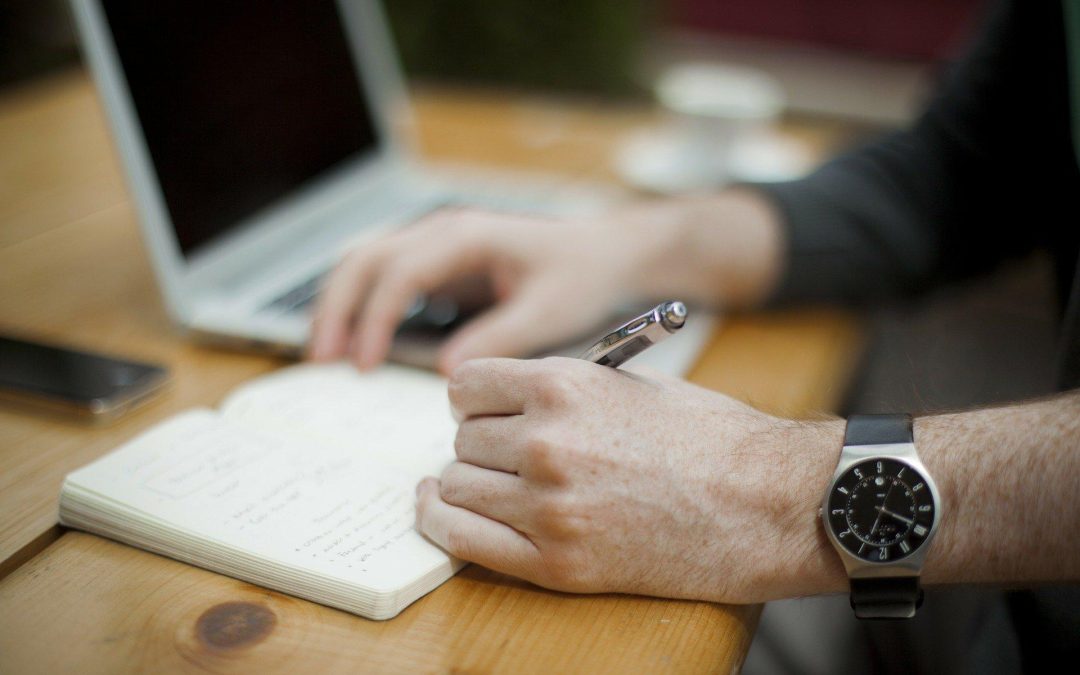Selected nonprofit organisations are accelerating digital equity and powering the future of work in Greece, Indonesia, Nigeria, and Spain for disconnected communities.
HP Inc. and the HP Foundation announced the selection of eight nonprofit organisations in Greece, Indonesia, Nigeria, and Spain for the 2025 Digital Equity Accelerator (Accelerator). The Accelerator will provide the 2025 cohort with a $100,000 (€87,847) grant, HP technology (~$100,000 value), and six months of virtual training to strengthen capacity and drive digital inclusion.
“The future of work depends on equitable access to technology, digital skills, and opportunity,” said Michele Malejki, Global Head of Social Impact, HP Inc. and Executive Director, HP Foundation. “Through the Digital Equity Accelerator, HP is empowering nonprofits to bridge the digital divide, ensuring disconnected adolescents and adults have the tools and training needed to thrive in an increasingly digital world. By investing in these organisations, we are not just expanding access—we are powering the future of work.”
“We are fortunate to work with companies like HP that are committed to scaling tech for good through this Accelerator,” said Hala Hanna, Executive Director, MIT Solve. “Our support programmes are designed to meet nonprofit leaders where they are – providing capacity building workshops, executive coaching, peer-to-peer collaboration, and a library of in-kind resources to help them fully benefit from the programme.”
The Accelerator helps nonprofits scale digital equity programs for disconnected adults and adolescents to power the future of work. Meet the 2025 Digital Equity Accelerator cohort:
Greece:
Socialinnov (Social Impact and Innovation) – Leveraging technology to drive social change, Socialinnov has equipped more than 40,000 people in underrepresented communities in Greece with digital skills training that expands access to the digital economy.
The Smile of the Child (TSoC) – Founded in 1995 by 10-year-old Andreas Yannopoulos, The Smile of the Child (TSoC) is a non-profit organisation supporting more than 2.2 million adults and adolescents with tools, technology and other resources.
Indonesia:
Solve Education Foundation – Focusing on empowering Indonesian youth with 21st century skills through its AI-powered learning platform, edbot.ai, an innovative enrichment programmes, helping students succeed in school and beyond.
Markoding (Daya Kreasi Anak Bangsa Foundation) – Helps equip underprivileged youth with 21st-century skills to foster a generation of innovators. Its flagship programme, Perempuan Inovasi, has empowered over 35,000 women with STEM training, mentorship, and access to job opportunities.
Nigeria:
She-Code Africa Women Tech Initiative (She Code Africa) – Provides participants across Africa with in-demand digital and technical skills. Since 2016, its training, mentorship, scholarships, and career programmes have helped more than 62,000 people receive the digital skills needed to thrive in the digital economy.
The Slum to School Initiative (Slum2School Africa) – Addressing Africa’s education crisis, this volunteer-driven organisation provides quality education, skills development, and psychosocial support to underserved children and youth, empowering them to drive sustainable development.
Spain:
AlmaNatura Foundation – Founded in a small village in Southern Spain, AlmaNatura designs and implements projects that revitalize rural areas through employment, education, health, and sustainability, fostering opportunities for local communities to thrive.
Fundación Esplai Ciudadanía Comprometida (Committed Citizenship Esplai Foundation) – Focuses on promoting citizen empowerment through inclusive, rights-based projects and programs. It collaborates with local, national, and international organisations to support socio-educational initiatives in information and communication technologies (ICT).
Since 2022, the Accelerator has helped expand the reach of 27 nonprofit organisations in Brazil, Canada, India, Malaysia, Mexico, Poland, South Africa, and the U.S. by more than 9 million people.




















